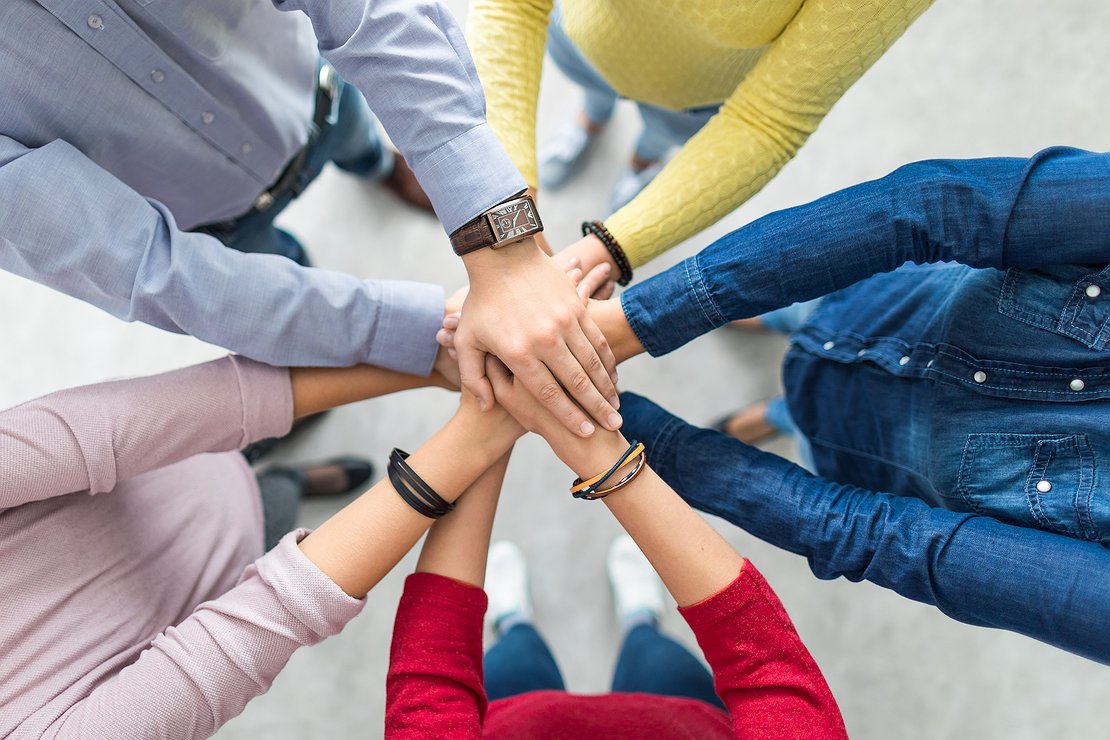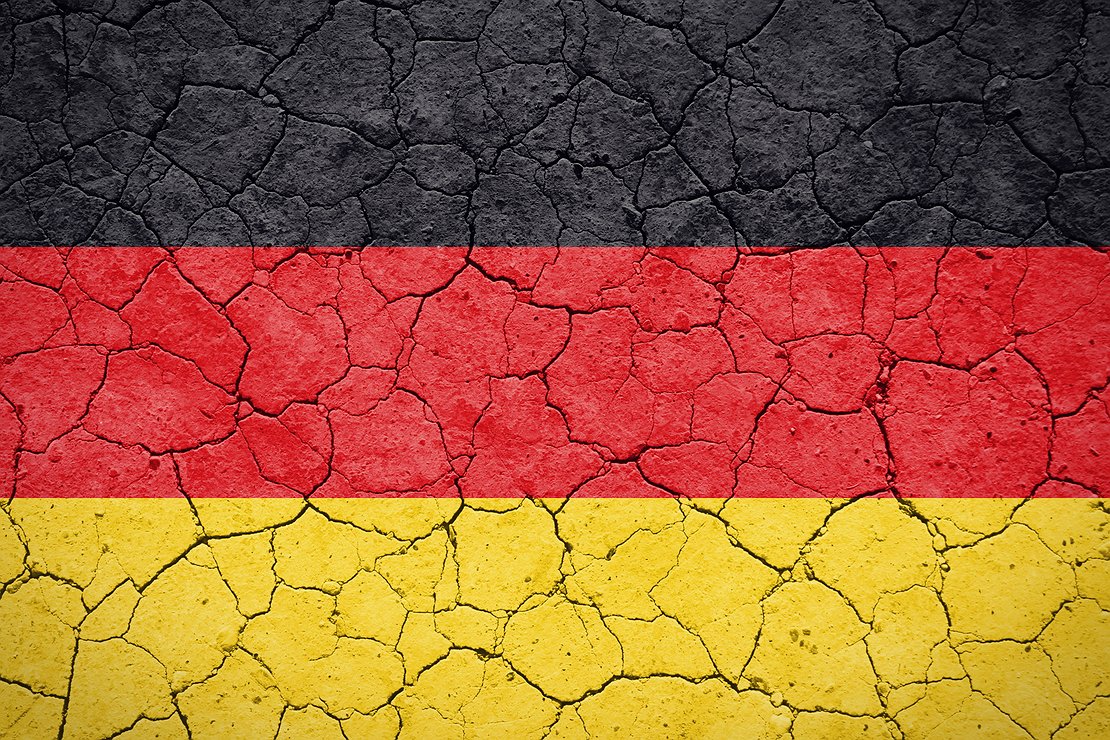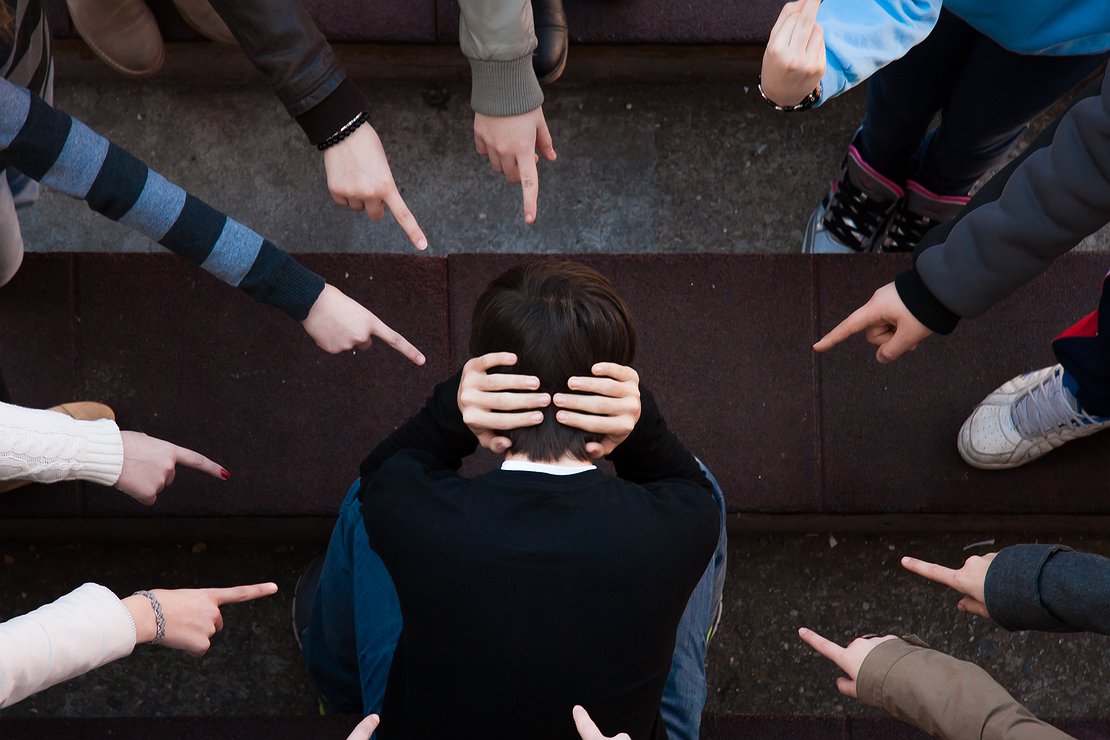
Belief in community after abolishing God:Are We a People?
‘The people’ are again much talked about. Among the general public as well as among politicians. In the case of the latter, it can be assumed, the use of this or similar terms is a trick. Emmanuel Macron provides a fine example of this assertion.
“Everywhere in the world, the deep identity of peoples or nations is reappearing. That is a fact. Those who believed in the emergence of a globalized people liberated from history were deeply mistaken. Everywhere in the world nations are remembering their foundational substance, from India to Hungary, from Greece to the United States.” – “It’s a good thing. That’s what I believe.” This is how the French President spoke to his ‘people.’ Less than 36 hours later in front of Danish students he said: “The real Dane does not exist. He is already European. Even his language is actually not Danish, but the European language. The same goes for the French.”
The assumption is not absurd that the term 'people,' if it is used by a politician or by someone who wants to become one, is merely a marketing instrument that is carefully and precisely tailored to the respective target group. Nothing more. Anyone who wants to believe something else, may do so. It remains a statement of faith though. A pious wish.
But what about the man and woman in the street? Here, too, there is more talk of the people. What is meant by that? What do we long for, what do we want when we conjure up ‘the people?’ Is it the people within the state or rather the community? The totality of individuals within the framework of common borders and common law, where belonging to ethnic groups is irrelevant? Or is it the historically developed and welded ‘bunch’ of connections, kinships, and relationships to which one belongs, just as much as it belongs to oneself?
The former is basically, and put simply, a purely technical matter. In principle it would be a straightforward deal: ‘Our laws, our borders – your options.’ Done. There's nothing more to it. Nor anything less either. This deal is no longer valid ever since the state people have been transformed into a welfare state people. The seed of the welfare people of the world, into which one is attempting to transform the peoples today, was already contained in it. What, then, when talking of ‘the people,’ is desired when referring to the people of the state? The straightforward deal – or the welfare-state people, within which a large part of the individuals live lives organized by the state and at the expense of the rest? It can be assumed that the latter is the case. Thus to speak of ‘a people’ here is mockery. One is then, at best, a member of a group. As is the case with rats.
But what about the other concept of the people? The one which means a welded community? What does it take to be such a tribe or to become one again? And are we, as welfare-state peoples, even able to do that? I don't think so. Why?
Because we have abolished God. The God of the Bible, not the God of the churches. Are you laughing? We left that behind 300 years ago, you say? We are - thank God! - freed from the need for spiritual bondage? After all, we have the Enlightenment, and humanism? Logic has triumphed, the divine commandments have been poured into laws in a better form? This may all be well and true. But this argument fails to take account of the fact that, by abolishing God and replacing him with reason, we have also abolished that which gave us reason and ability to be a people in the sense of a welded unity beyond the natural family: equality, charity, sacrifice. Without this – no people.
Generally speaking, the Enlightenment was – with good reason – hostile to the Church. However, it was never hostile to Christianity. On the contrary: the dignity of man, as the Enlightenment understood it, has its roots in man as the essential image of God and would not have been conceivable without it. The same applies to the equality of man in God. Every human being, conceived in the image of God, as a child of God had both the same rights from God and, as a servant of God, the same duties before God. There was no broader concept of equality. For it would have been nonsensical on this basis. And it still is today and serves only as the masquerade for organized selfishness.
This equality was the basis, the basic substance of ‘a people.’ The thing which bound everything else together. It was the basis of one man's respect for the other. Regardless of his knowledge or ability. One respected God in the other and not his qualities. One respected man as something above these qualities, which lifted him far beyond the pitifulness of a materialistic concept of equality. On this higher level one was family.
The same applies to charity, to sacrifice, to humility. Whoever engaged himself in active help for the other, or rather: for his brother, gave his time, his possessions or even his life, served God. But neither did this give him the right to rise above others, nor was the one who was helped placed in chains of gratitude and guilt. It was self-evident. It was family. One did not owe it first to the other to help, but to oneself as a child of God. Thus to God. Man in this understanding was bought dearly by God, and no one expected that any other rule could apply to the brotherhood of this world.
There were and are other brotherhoods too. Think of the aforementioned natural family, of camaraderie within military units, of sports communities. What they all have in common is something higher, something which goes beyond the individual, the common goal. In the Deltaclub, where I was an active member for many years, this higher thing was the love of flying, flying itself.
But when I talk about it in this way, I can’t get anywhere near expressing everything that united us and that is likely to unite us for the rest of our lives. For here too the fundamental substance of unity is bought at a high price: through responsibility for oneself and others, through care for others, through service to others: in short, through the will to exist as a community and to survive as a unity. To lose no one. There is nothing more terrible than, on landing, hearing the words ‘X is dead.’ Of course, it wasn't me who had a bad launch, it was X. Of course, it wasn't me who didn't properly check my wings, it was X. Of course, it wasn't me who reacted wrongly. And yet I also feel that I am partly to blame. Because in the sense of what unites us, I bear responsibility for us as a unit. I have often experienced it. And the same applies to everyone else. It was wholly unnecessary to talk about it. We had failed. But it also meant that we were even more united, we would be even more attentive, even more caring, even more careful. And the community became even stronger as a result. Because it could happen to anyone. And it would never have occurred to anyone to rise above the one who’d had the misfortune this time. Thus here too we have: charity, equality, sacrifice. The difference: here a sworn community of 50 ‘dudes,’ there a people of millions.
Now one can say that this is all well and good, but that would also be the case without having a common faith in a common God. Without the constant awareness of myself and others being the essential image of God. Perhaps that is true. But the question remains: How does it work then? And why can't we manage it? Why is it that we are this cackling, whistling, scraping rodent troop and ‘family’ only in soundbites?
The reason is that the welfare state and society have, by mutual agreement, replaced people who are responsible to God with individuals who are entitled regarding everyone else. And this is the opposite of ‘a people.’ From the start, it prevents a sworn community of equals within the framework of a higher power. Because now, the ones at the very top are other people – those who distribute the money. In other words, the state. The result is a permanent struggle of each individual for favor and money from this state, or rather against the others. This struggle not only makes it impossible for a people to remain a community, but has also been for years destroying every other smaller community, like the natural family, associations and so on.
It’s obvious who benefits from this. And also that the immigrant millions are massively superior to us in this respect.
Translated from eigentümlich frei, where the original article was published on 15th September 2018.




